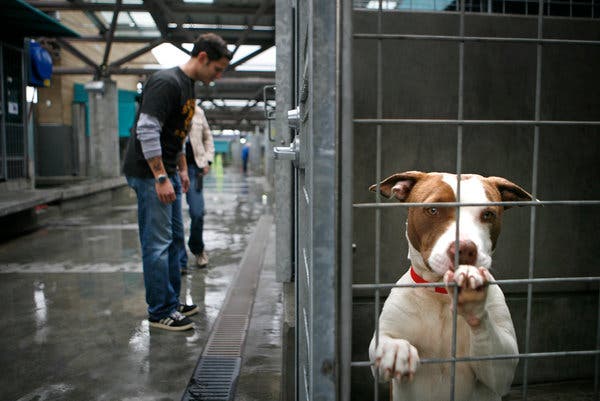
There are a lot of organizations that masquerade as something they are not, betraying their founding missions, betraying the animals they are supposed to protect, and misleading the public and legislators about who and what they really are. This includes PETA, the ASPCA, and others. In New York, it also includes an “organization” that calls itself the New York State Humane Association.
In addition to a long history of fighting progressive sheltering and defending regressive practices that cost animals their lives, the NYSHA is the lead opponent trying to derail legislation that would require shelters in New York to report how many animals they take in, adopt out, reclaim to their families, transfer to rescue, kill, and who died in their custody.
NYSHA claims the bill “would place an enormous and needless burden on animal shelters” and that “many shelters” are filled with ignorant employees who cannot handle this “burden” because they are “computer illiterate.” These claims are not only false and offensive, they are pernicious.
Transparency is the hallmark of accountability, the best disinfectant for corruption. And there is no better example than the No Kill movement itself. The only thing that has forced shelters across the country to embrace positive, life-affirming changes to the way they have long operated and to reduce the sheer number of animals they have long needlessly killed was the court of public opinion. Public access to statistics about how many and which animals are being killed, often at taxpayer expense, is a vital precursor to bringing that killing to an end.
My letter to the Committee considering the bill is here:
On behalf of the New York members and supporters of the No Kill Advocacy Center, we are writing to urge a Yes vote on A4245A, which would mandate annual shelter reporting including the number of animals impounded, adopted, transferred to rescuers, reclaimed by their families, and who lost their lives.
Doing so goes to the very core of our national character. The U.S. generally, and New York specifically, prides itself on open government. We are a democracy, and – in theory at least – the people are the government, and have a right of access to information that lets them know how the agencies they fund with their hard-earned tax dollars are operating. Transparency is, after all, the hallmark of accountability, improvement, and good government. In fact, Michigan organizations credit their reporting law for helping spearhead a decline in shelter killing from 120,000 per year to less than 14,000 today.
Tragically, we understand an individual who claims to be part of “an umbrella organization comprising individuals and animal advocacy organizations statewide” and refers to herself as “The New York State Humane Association” (NYSHA) claims the bills “would place an enormous and needless burden on animal shelters.” She further claims that “many shelters” are filled with ignorant employees who cannot handle this “burden” because they are “computer illiterate.” These claims are not only false and offensive, they are pernicious.
As a former shelter director (including of a rural/semi-rural shelter in Central New York), director of operations (of a large, urban shelter), chief of animal control, animal control officer, shelter consultant who has worked with a broad range of shelters, including some of the smallest (those taking in only a few hundred animals a year) and some of the largest (those taking is as many as 30,000 animals a year) in the nation, and even deputy district attorney handling animal cruelty cases, the mandate contained in the bill is so minimal and so reasonable, it would impose no real burden, require no additional staff, and necessitate no specialized training.
Indeed, data collection that is far more extensive than that reported in the proposed legislation is already required for internal processes including, but not limited to, kennel inventory management, lost and found reporting, budget creation, funding requests, supply purchasing, staffing, and more. (It is also a prerequisite for process review and improvement.) In other words, all shelters are already collecting this data. As such, the only real requirement in the bill is that it be reported to an external agency (that already oversees them); a requirement that could be met with the proverbial two strokes of a keyboard. That is true regardless of whether that shelter is urban or rural, large or small, relatively affluent or in a community with high rates of poverty.
In fact, several states require shelters to report their data and their Agriculture or Health Departments to report them annually, including Colorado, Illinois, Michigan, North Carolina, and Virginia. There is no reason why New York shelters cannot do the same. Indeed, some states, like Florida, require monthly reporting. As such, the proposed New York legislation imposes a de minimus obligation, but with enormous benefits as discussed above. The cost/benefit calculation is not even close.
If NYSHA had a legitimate expertise in shelter operations, all of this would be immediately obvious. It is therefore no surprise that in her description of her group, she lists unnamed “individuals” and “advocacy organizations” but not actual shelters as part of her so-called “umbrella organization.” Please do not be misled by an individual who hides behind an “organization” with a name that allows her to masquerade as something she is most clearly not.
We urge a Yes vote.
Very truly yours,
Nathan Winograd
————-
Have a comment? Join the discussion by clicking here.